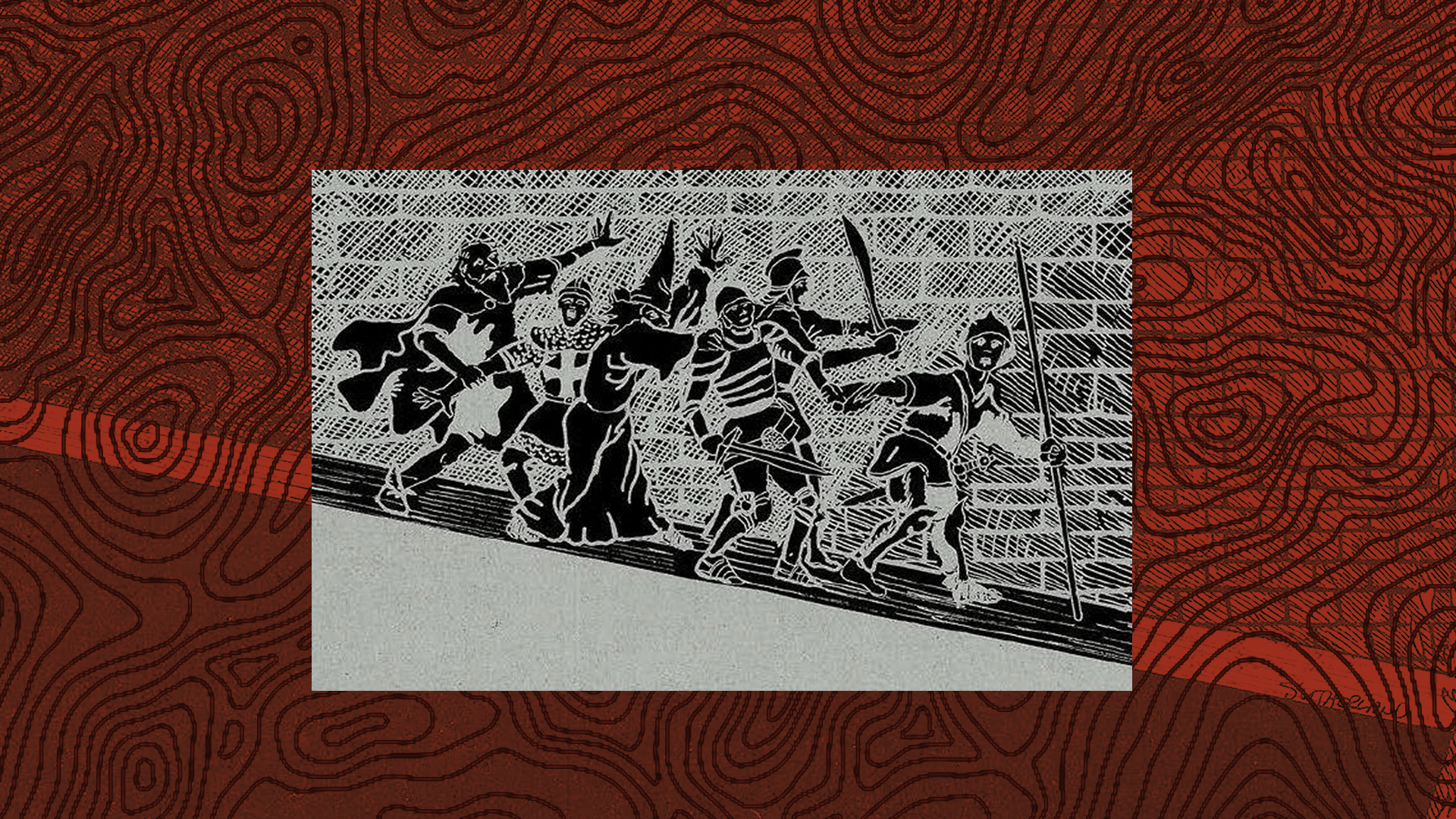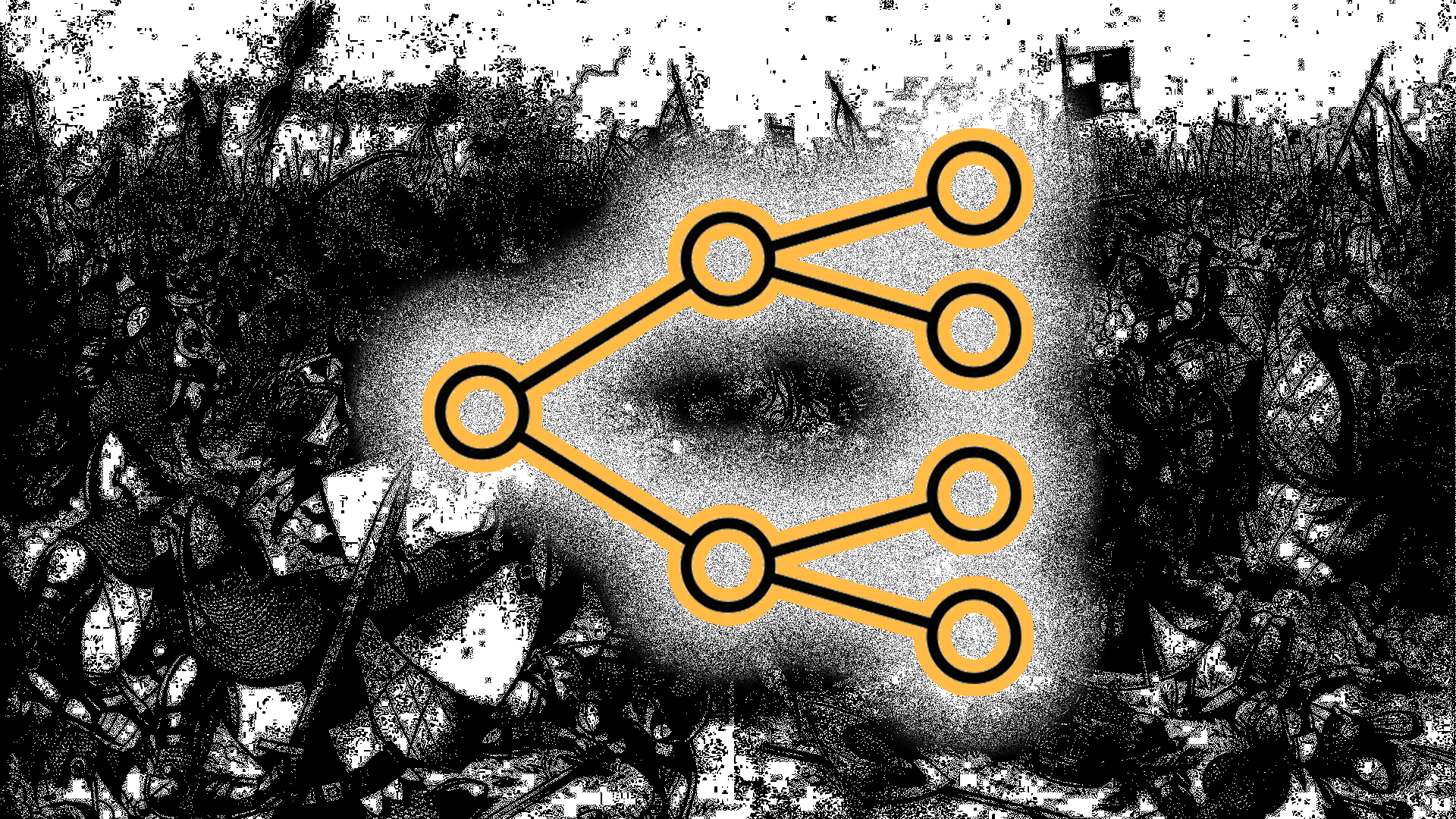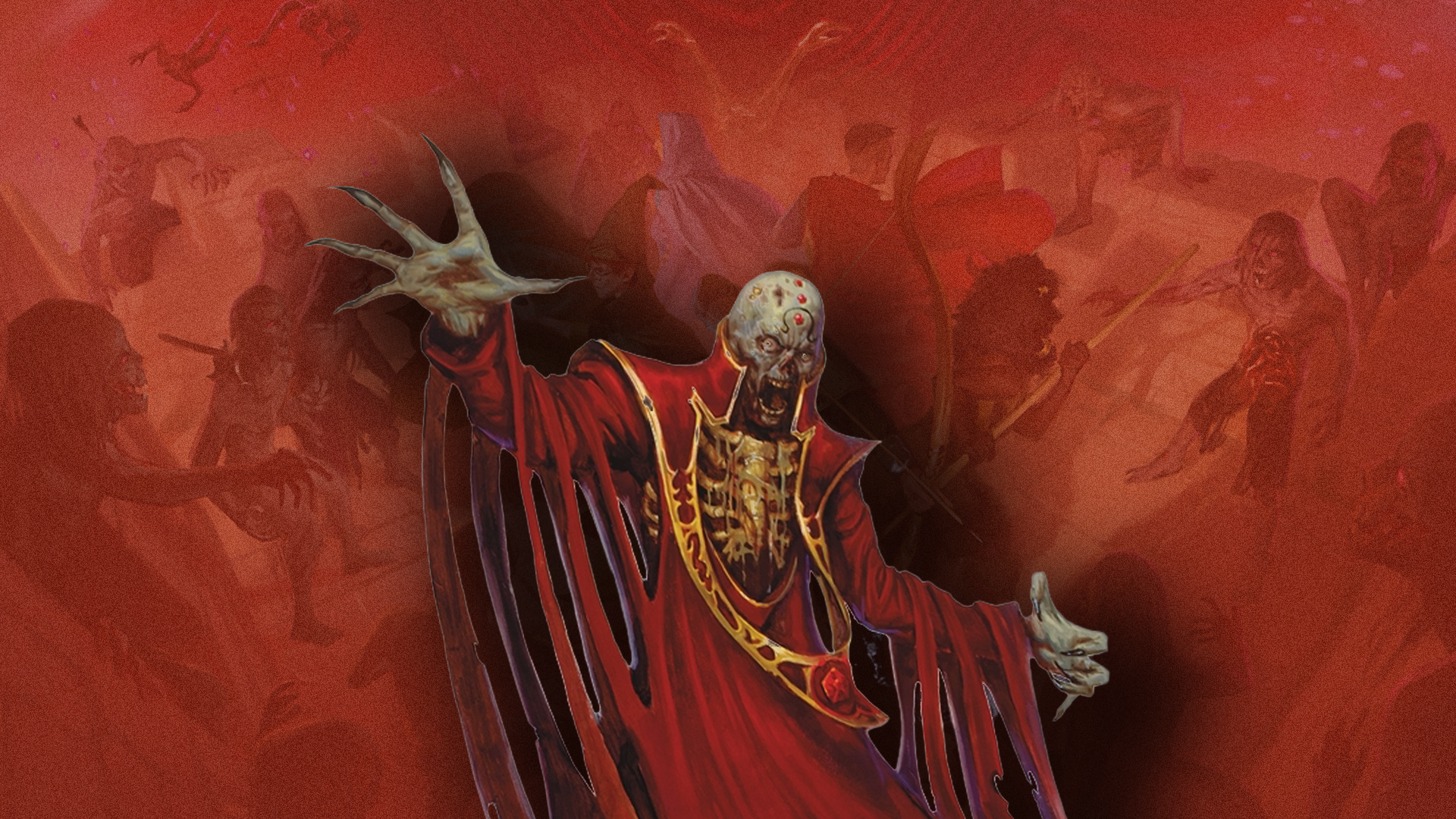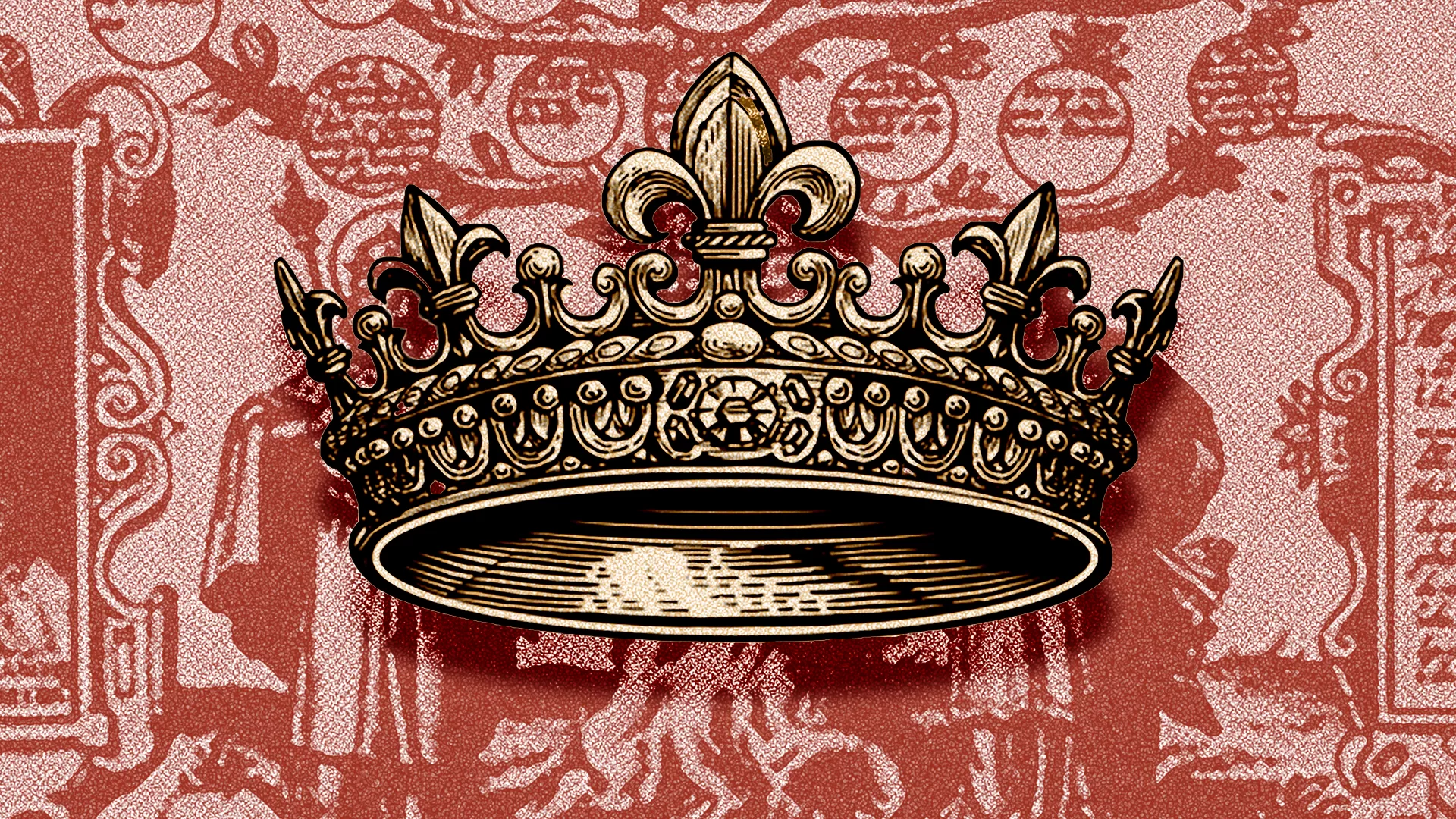
The dreaded Total Party Kill. This campaign-ending term has been around since the first edition of Dungeons and Dragons and has been applied to a range of different RPGs.
What is a Total Party Kill? A Total Party Kill, otherwise known as a TPK, is a term used by the gaming community to identify a situation that results or could potentially result in the deaths of all the party members.
In the rest of this article, we are going to discuss why TPKs can sometimes be a good thing, what makes a TPK “fair”, and other ways to address a Total Party Kill in your game.
Why a Total Party Kill Can Be a Good Thing.
There is multiple reasons that a Total Party Kill can actually be beneficial for a game. It can create depth to your storytelling and the campaign overall with the added benefit of creating realism if you’re aiming for that in your games.
TPKs Add Meaning
One of my favorite RPGs at the moment, Heart: The City Beneath, has an interesting mechanic that leads the player to have what is called “zenith abilities”. These abilities are both powerful and fatal to those around you, and yourself.
Under these rules, characters often find themselves ending their campaigns in these big displays of power that narratively complete the story of a character, and result in the party eventually dying. Afterward, the player and GM don’t have any reason to fight, the participants have fun, and everyone leaves satisfied.
This can be implemented in Dungeons and Dragons as well. A noble sacrifice can be a reasonable ending for a campaign if it is done right. For example, A party can seal away an evil necromancer for good if and only if they explode the pre-laid explosives, encasing them and the villain under rubble for good. The party dies, but the world and their loved ones get to continue onward in their memory
TPKs Create Realism
There is a range of playstyles that GMs can adapt in their game and a sizeable majority like to lean towards a fantastical, but realistic, mirror of our own world.
What I mean is that the world is not cut into zones that say “You must be level 10 to enter”, sometimes your group of level three heroes unknowingly walks into a hag’s den and get demolished. If you as a GM and as players agree that this is a possibility that is okay with everyone, I see no problem why this would be an issue and I argue that it can actually benefit! These situations can lead to ingenuity and memorable moments that you’ll remember for years down the line…even if you all do get turned to ash.

What Leads to a TPK
A lot of things can happen that lead to a Total Party Kill which can be the player’s fault, the GM’s fault, or if you’re unlucky, no one’s fault! Here are a couple of common reasons that TPKs happen.
Unbalanced Encounters
I covered it in my article “What is the “Action Economy” and Why Should You Think it’s Important?“, but picking a monster that has enough skill to make the party sweat but not enough to kill them in one swift move. For example: a lich in dnd 5e has a 9th-level spell called power word kill that kills any player that doesn’t have over 100 hit points. No roles, no nothing, just instant death.
So probably not a great foe to put up against adventurers just starting their adventure.
Player Error
While experimentation can lead to some epically awesome moments in any RPG, that probably means that sometimes people are going to end up with results that they don’t like. A player who tried to sneak behind the castle guard for a surprise attack might screw it up and lead to the entire castle becoming aware of what’s going on. If the party isn’t ready for it, that can quickly kill a campaign.
Bad Luck
Sometimes lady luck is simply not on your side. The party might have had their lives forfeited because they continuously rolled too low to hit and the big bad evil guy kept rolling high on damage rolls. Simple as that.
Halt!
Take A Moment and Support Knight’s Digest!
Adventurers, if you’ve enjoyed the content we’ve worked so hard to create, we humbly ask for your support. Running Knight’s Digest takes countless hours of dedication, creativity, and passion, and we’d love your help to keep our dungeon full of treasure (and coffee).
If you think we’ve earned it, consider donating to help us continue crafting the stories, resources, and ideas you love.
Make a one-time donation
Make a monthly donation
Make a yearly donation
Choose an amount
Or enter a custom amount
Your contribution is appreciated.
Your contribution is appreciated.
Your contribution is appreciated.
DonateDonate monthlyDonate yearlyHow to Prevent a Total Party Kill
While some things are simply left to chance in terms of a TPK scenario, there are several things you can do to decrease the odds of this happening and increase the odds of having a great time.
Look at the Challenge Rating
Challenge Rating is not something that I know a lot of GMs use. It’s complicated, it doesn’t work all the time, and doesn’t really consider the player’s or the monster’s ability and cunning.
But it can be good if you want a general gist of how the battle might go regarding the experience points each side brings to the encounter. Sly Flourish puts it well on his blog “Challenge rating is an aggregate score of several statistics in a monster’s stat block. A monster’s challenge rating is the average of two measurements: offensive challenge and defensive challenge. Each of these two categories have various characteristics, measurements, and weights affecting their final calculation.“
Leave Before the Killing Blow
Depending on how you go about it, this can save your campaign from a TPK and create a delicious villain for the rest of the game.
If you find that the enemy your party is fighting against is overwhelmingly crushing it and all roads seem to lead to the entire party dying, one option is you can simply peace out.
The Curse of Strahd campaign is a good execution of this. In the beginning of the module, your party is often way too under-leveled to do any serious damage to Strahd and if you were to go against him straight from the fog, the campaign would end pretty quickly.
However, leaving before you finish them off plays into Strahd’s character. He, like most villains, enjoys playing with his food before finishing them off. This will eat at your party which will lead to a villain that has more depth, centers the campaign around them, and will be a huge victory for the party when they do eventually kill Strahd.
Allow Options to Escape
If it makes sense, I think it’s fair to leave an “escape option” as long as it isn’t obvious and keeps tensions high. My favorite go-to is the closing doorway cliche from Indiana Jones. The players often get to do a couple of roles and “earn” their escape while also avoiding a TPK.

What To Do After a Total Party Kill
Ending a campaign in a TPK, especially one in which you’ve been going on adventures with characters you’ve enjoyed exploring for years, can totally kill the party vibe. But what do you do after a Total Party Kill in your campaign? Here are a couple of ideas:
Start A New Campaign
Just because one campaign ended, doesn’t mean you can’t keep playing! You can bring out Jr. to avenge their dead parent or try out a new TTRPG or campaign setting.
Consider What Happens Next in the World
When someone dies, the world doesn’t simply stop turning.
You should consider what the villain or monster does after the ones that were supposed to stop them, get stopped. What happens to the love ones of these heroes, the people they were meant to protect. Promises left unfulfilled. If you decide to come back to this setting with a new party, these are going to be lingering questions players will have returning to the game.
Assess the Situation
Perhaps talk with your DM or the Players about what exactly went wrong that ended with a TPK. Was it an unbalanced encounter, bad luck, bad team dynamics, or was a stupid decision made?
Keep Things Light
At the end of the day, this is a game. Make it into a situation that you can laugh at with your group of friends. Even if it was a frustrating ending, the best thing is that you can start anew and continue on with the same heroic spirit you have had this entire time.


Total Party Kill Productions
Delve into the Dungeon
Step into the world of adventure with these Dungeon Delver Club shirts—the depths are calling, answer the call!









